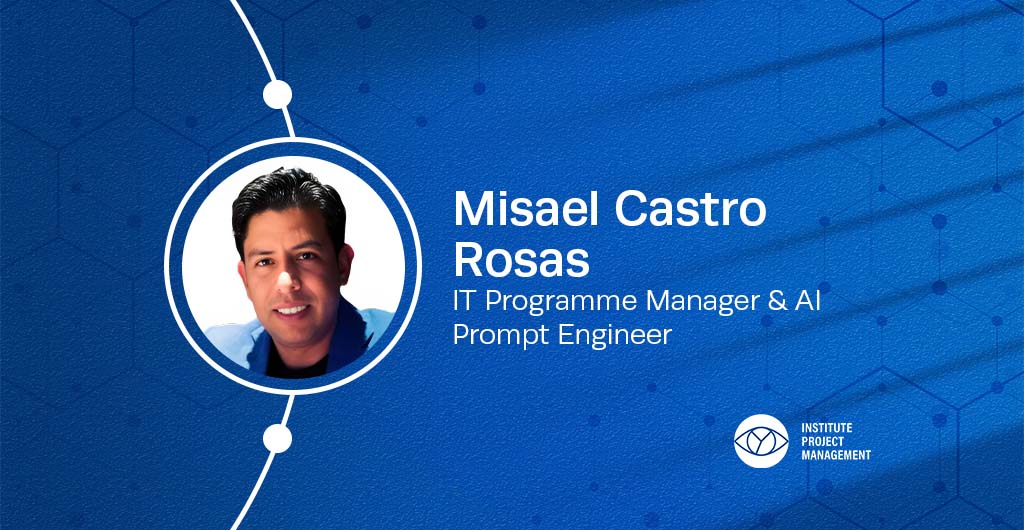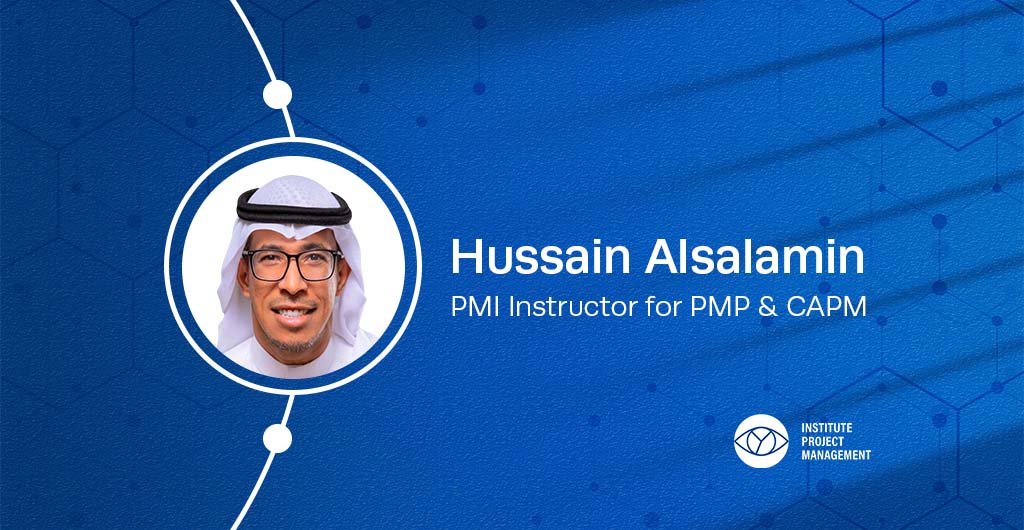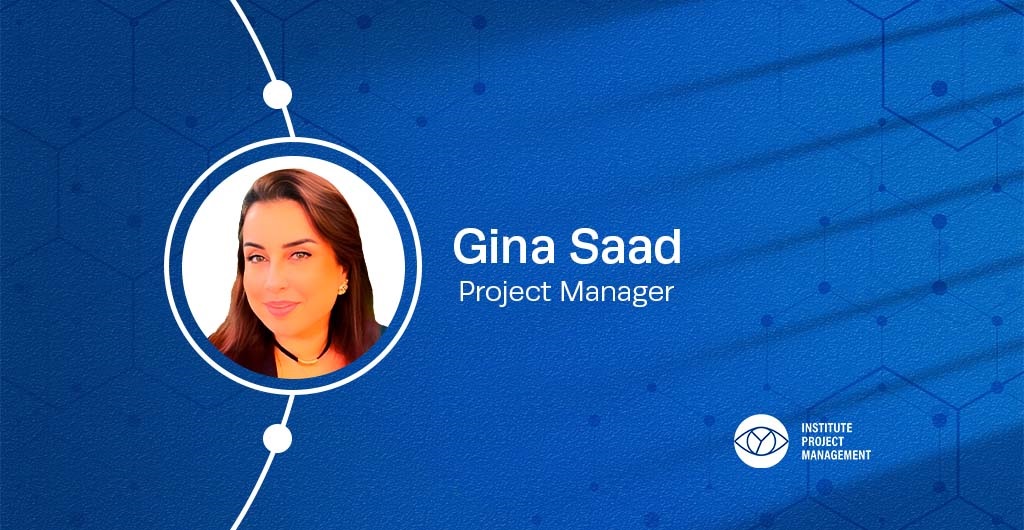Need advice? Call Now, Schedule a Meeting or Contact Us


Speak to an advisor
The scope of this article is aimed at discovering what a scrum master is and what are their roles in project management applications.

Project management is a broad subject and practice. It involves a group of people professing specific expertise in different areas of project management that come together to deliver specific outcomes.
Among many methodologies in project management, Scrum is a framework used to cohesively drive team members' efforts collectively to achieve goals and tasks.
Scrum is based on the Agile framework. It is one of the most widely employed project management framework tactics for delivering projects. An expert experienced in imparting scrum competencies to their team members is called a Scrum Master.
The scope of this article is aimed at discovering what a scrum master is and what their roles are in project management applications.

Teams are composed of individual people who exhibit specific abilities, competencies and expertise. They understand the team collectively and individually and identify weaknesses, strengths and areas of improvement. Scrum managers or scrum master exhibit such a process to ensure team success in achieving goals.
A scrum master or scrum expert is a project management professional who manages and leads team members' efforts to achieve collective success. A scrum master uses project management methodologies, tactics and competencies based on the Agile framework to deliver such responsibilities.
Scrum masters work on interpersonal levels between team members and through effective scrum master management to ensure that the full potential of every working individual in the team is optimally utilised. Based on these frameworks, Agile delivery of projects is uniformly achieved while ensuring maximal productive output.
It is worth noting that the use of Scrum in project management has significantly increased over time. Most companies and projects undergo an Agile methodology for achieving specific project goals.
On a granular level, it might be safe to say that Agile methodology is the base foundation of a scrum or agile project management methodology. In contrast, Scrum is the technical aspect of ensuring Agile rules, plans, and frameworks are met throughout the project.
By Definition:
A Scrum Master ensures that a team is following scum processes based on Agile methodology. They also improve the manner in which teams operate, adhere to specific guidelines and follow through with output feedback.
On the other hand, an Agile Coach can be defined as someone who coaches and imparts Agile processes throughout working teams. These may be scrum teams, production members and even managers for projects.
By Expertise:
The main expertise of a Scrum Master is training a team and making sure that the team follows through with Scrum processes properly.
Contrarily, an Agile Coach's expertise lies in training multiple teams. Agile coaches review training and processes on a broader spectrum of the organisation and ensure these requirements are met.
By Scope of Work:
A Scrum Master works with team members to maximise output, incentivise collective thinking and collaboration, and communicate such productivity to project managers.
An Agile Coach is tasked with increasing the potential of an entire business organisation's Agile output. Therefore, overseeing important tasks, management procedures, employing teams, performance management and related processes so that they meet Agile requirements by the medium of coaching, training and working with multiple people.
By Organisational Focus:
At a broader level, Scrum Masters are qualified to work with smaller teams to produce output for product management and customer satisfaction.
Alternatively, an Agile Coach is responsible for a company's entire spectrum of team management. This also includes fellow project managers who need to be coached and trained for Agile processes. An Agile Coach is highly qualified and usually commands a better salary, too, as compared to a Scrum Master.
The primary roles that involve certified scrum master responsibilities involve a variety of duties. This set of duties can range from but is not limited to:
Scrum and scrum master jobs responsibilities involve prioritising team output while keeping the project in mind. A scrum master ensures that their team follows the set Agile methods to meet the scrum process.
Quick and apt planning to scatter team resources and complete immediate tasks are what scrum masters are professionals great at. A scrum team is also better managed by scrum masters because of the foundational ideology on which it is formed - in this case, Agile.
Scrum masters coach teams by aligning the product owner's and project managers' goals with the scrum master training teams. This process ensures that the focus of a team's processes is entirely on prioritising user expectations from product backlogs during sprint cycles.
Moreover, a scrum master role involves coordinating efforts to coach the scrum development team in a manner ensuring the scrum alliance team succeeds in adhering to Scrum roles and collaborative training to deliver efficient teamwork capabilities.
A scrum master coordinates with the product owner to impart product backlog priorities to a scrum team. This can be delivered by a variety of mechanisms and tools such as Daily Scrum, meetings and even job training. This allows a team to drive their efforts towards priority tasks in a timely manner.
This is also particularly helpful during product sprints. It helps ensure every member is familiarised with all related processes to be on par to deliver accurate, time-driven and scrum-based results. Sprint sessions do not involve stringent changes or flexibility once the rules are set. That is why the timely allocation of scrum team efforts is crucial at this stage.
Software development utilises a scrum methodology for management primarily. In such cases, conflicts and problems can generally arise. However, one of the prominent roles of a scrum master is to manage conflicts, address and identify underlying problems and look for solutions.
One of the core skills of scrum practices is to manage conflicts professionally. These may be between work members or even teams working together. Since this is detrimental to the output of a project, it falls on the authority of a scrum manager to manage such incidences and implement solutions that bring teams back together cohesively.
Scrum Masters need to exhibit proactive utilisation of available resources, both material and human, to achieve tasks efficiently. A scrum master must look for more than a single path to achieve project tasks conveniently - choosing the best tools that bring value to the team and the project.
A scrum master is also responsible for coordinating information between project managers and teams. It is up to the scrum master to decide how such information related to the project has to be imparted to the teams and how it benefits them.
Software production involves the exploration of specific ideas that can help the production team. However, sometimes teams can be met with unforeseen obstacles. These obstacles must be assessed to be cleared for continual production. But in order to clear these obstacles, they require an inspection from a third eye as well, not just the team working on the project.
Therefore, a scrum master must also explore all possible ideas with the team to overcome any hurdles and obstacles. Not only does this give a new perspective to the development team, but it also speeds up the time required to implement new approaches to certain hurdles.
A scrum master's job is also responsible for dispensing external information gained from communication with project managers to working members. For example, the coordination with the product owner to announce software product backlog priorities and story assessments for customer requests. The flow of information from the product owner to the working team is met this way.
A scrum master may choose various means of communicating external information to internal working groups. These include holding events like planning a daily scrum or holding certain scrum events for product development, identifying new requirements and conveying such to production teams to meet consumer needs.
Project management has vast applications of the scrum framework. This implies and exhibits the importance of Scrum in project management nowadays. Institutions, business entities, government bodies and organisations all can be investigated to find the use of the scrum project management framework based on Agile.
A Scrum Master can be employed to train teams and enhance team output. Moreover, a Scrum Master can ensure that all working teams follow the Scrum processes, increasing output, efficacy and efficiency.
It is vital to understand that Scrum, at a more detailed level, focuses on nurturing agile project management teams, which is why a Scrum Master is important.
However, since Scrum is Agile, it is possible to find similarities and more flexible expansions in other fields of agile project management practices and applications.

The most significant difference between a scrum master and a project manager can be understood by looking at the scope of their responsibility in project management.
A scrum master is employed as an experienced leader with the goal of ensuring team success. Contrarily, a project manager's primary goal is focused entirely on the project outcome.
At a glance, a scrum master ensures Agile methodologies and scrum principles are being employed throughout a project. They also individualise a team to professionally cater to and nurture the efforts of team members to ensure the outcome is collectively a success. This article also discusses the tasks and responsibilities of a scrum master in detail later in this post.
On the other hand, a project manager is responsible for the externalities of a team assigned to a project. Such responsibilities involve but are not limited to time, budget and resource allocation, transportation, procurement of essential equipment, costing, analysis and coordination with senior managerial officers.
Therefore, a scrum master helps the masters ensure scrum teams follow Agile tools, processes and procedures to achieve team tasks and goals. In contrast, a project manager deals with the outcome of the project and associated procedures to coordinate the achievement of such an outcome.
A Scrum Master coordinates the working of a project team. However, under Scrum, there is another manager known as the Product Owner.
A Product Owner is significantly different from a Scrum in what is scrum Master is. A Scrum Master's main responsibility lies in increasing team output. On the other hand, a Product Owner is responsible for making sure product value requirements are met through scrum processes.
While Scrum Masters are concerned with the operations of a team, Product Owners are more concerned with product development.
Therefore, the Product Owner will communicate the requisites of a product's development and its product value. A Product Owner makes use of user stories, customer value requirements, research and business prospects.
A career as a Scrum Master can pay off in the long run surely. Project management experts who love working with agile teams where they can inspire, motivate and ensure all people are on the same page can best perform as Scrum Masters.
Scrum Master as a career is best suited to individuals who have or exhibit the following:
It is essential to exhibit a problem-solving mindset for becoming a scrum master. An open mind to explore solutions at every possible turn is essential to find the best measures to make problems go away.
The focus of the Agile method is based on evolving customer needs. Instead of viewing changing customer needs as a problem, a full scrum master focuses and invites such changes as opportunities for professional progress.
Scrum masters understand team members on an interpersonal level, identifying them as crucial puzzle building blocks. In doing so, a scrum master job description and guide ensures that every scrum team member is empowered and motivated about doing their job - not weekly, monthly or yearly but every single day.
A scrum master is also very concerned about open communication. This communication is not only limited to project-related ideas and professionalism but also open to the unique ideas of the team that might work out for the project in a better way.
Scrum masters specialise in managing team efforts and coordinating team expertise. It falls under the spectrum of organisational identification and employment of such expertise to deliver tasks and objectives timely and in an orderly manner.
Earning prospects as a Scrum Master are significantly high in the project management domain. According to Glassdoor, the average median pay for a Scrum Master in the USA amounts to USD 95,766 or EUR 95,581 per annum.
Therefore, the earning potential of a Scrum Master is high and only increases with years of experience.

If you have decided to take on a professional journey as a Scrum Master, then you only need two things to get started. We talk about these two requisites and how to get them done:
Scrum Masters are project team managers with expertise in managing human productivity. Therefore, to efficiently perform this task, it is essential for a Scrum Master aspirant to be equipped with professional education for the role.
However, no educational requirements are set, although there are professional requirements for the position. Usually, these will be:
An accredited Scrum Certification is where things take a turn. Any candidate for a Scrum Master's role with a Scrum Certification can drastically improve his career and job prospects.
The Professional Scrum Master Certification is an accredited qualification by Scrum.org that validates you have proven your skills, competencies and capabilities in Scrum application.
The PSM Scrum Master course by the Institute of Project Management, Ireland, is the training to equip you with professional tools and knowledge to secure a job as a Scrum Master.
Designed by IPM professionals with over 30 years of industry experience and IPMA accreditation for Ireland, the PSM Scrum Master course will not only get you a job as a Scrum Master but also prepare you to take the Scrum.org PSM™ I Certification exam.
Are you interested in securing a job as a Scrum Master? Are you eager to work with teams & enhance teamwork with your skills?
Enrol for the PSM Scrum Master course today.














